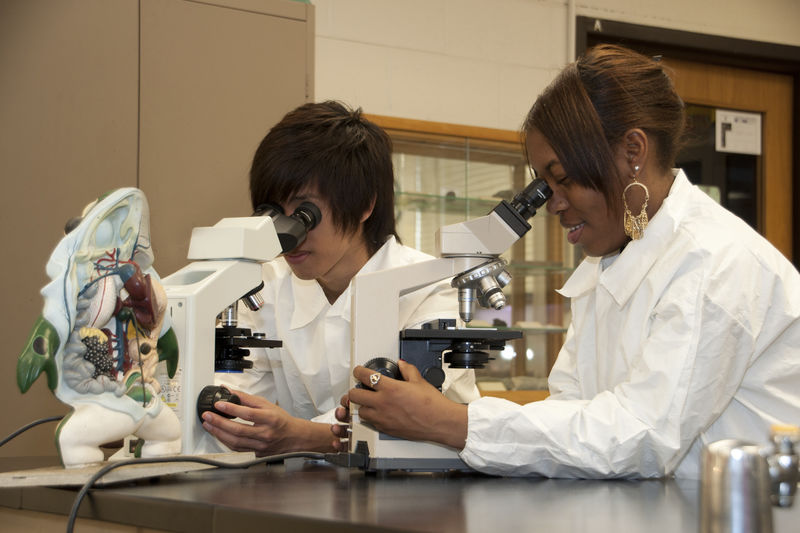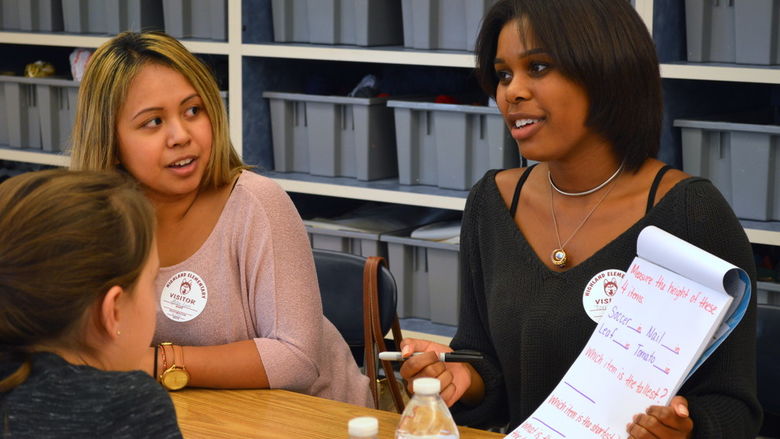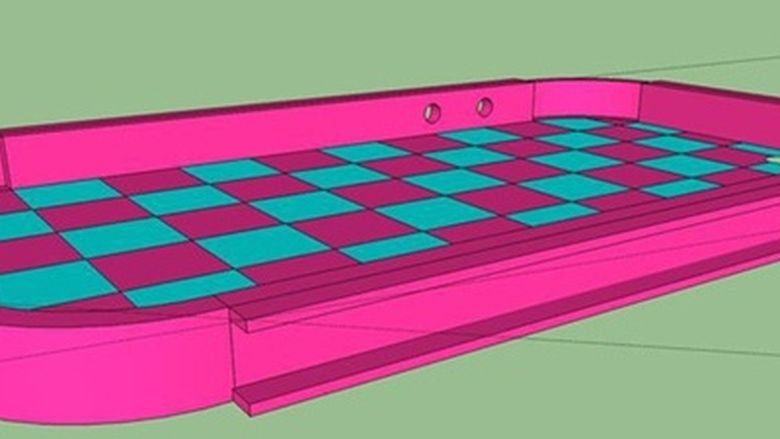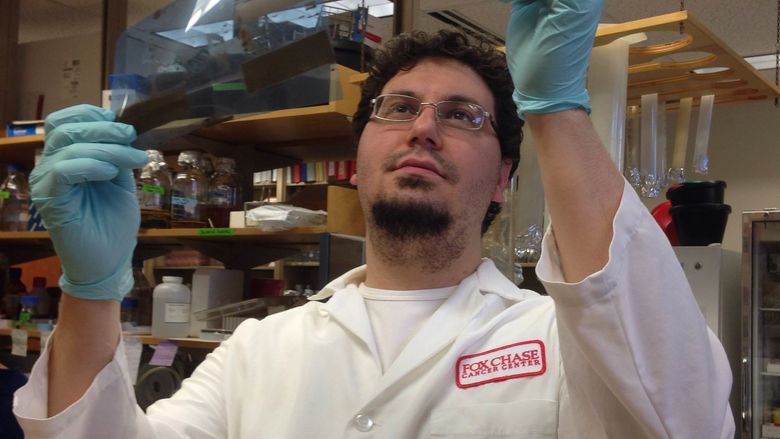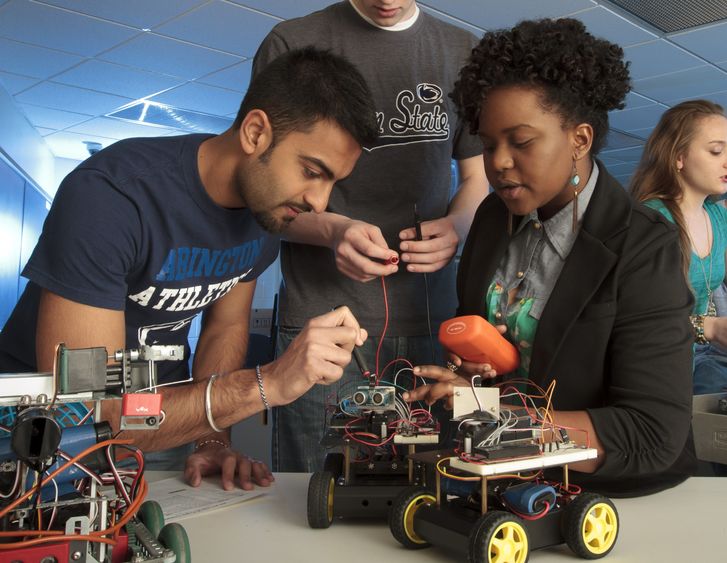
First- and second-year students interested in the STEM disciplines may apply for the scholarships.
Penn State Abington has received a grant through NASA to award eight $1,500 scholarships to students from populations underrepresented in the fields of science and engineering. The scholarships require the selected students to perform three consecutive semesters of research under the guidance of a faculty mentor.
START-UP (STEM Academic Research Training engaging Underrepresented Pennsylvanians) recruits first- and second-year women as well as minority students to engage in prolonged and meaningful science, technology, engineering and math (STEM) projects. Studies show that undergraduates who participate in hands-on research are more likely to pursue advanced degrees and careers in STEM.
“There are no answer keys in a research project. Students work alongside faculty on projects that require creative solutions, and they learn the process of science by doing.”
-- Ann Schmiedekamp, division head for science and engineering
Ann Schmiedekamp, division head for science and engineering at Abington, said there is a lot of excitement surrounding the program.
“Penn State Abington has a solid program of undergraduate research, and we have seen its benefits firsthand,” said Schmiedekamp. “There are no answer keys in a research project. Students work alongside faculty on projects that require creative solutions, and they learn the process of science by doing."
The START-UP scholars will work five hours each week, beginning this spring, learning experimental design, literature review, laboratory safety and technique, experimentation, and data collection and analysis. An additional semester is required to prepare and showcase the results of their work at a research exhibition.
During the three semesters of active research, they invest a minimum of 160 total research hours and receive a $1,500 scholarship, awarded in increments of $500 per semester.
The START-UP students also have the opportunity to apply for three summer internships at nearby Environmental Tectonics Corp. (ETC), which specializes in developing simulation trainers for a variety of industries. The Abington cohort will compete for the internship slots with START-UP recipients at five other colleges and universities in Pennsylvania.
The START-UP/ETC interns receive a $5,500 stipend and solidify their research skills in an industry setting while expanding their networks, according to the Pennsylvania Space Grant Consortium Office. The office administers the program for START-UP’s principal funder, NASA.
START-UP is designed to help reduce a deficit in STEM education in the United States that is impairing its competitiveness worldwide. A White House task force concluded that federal STEM education investments should focus on retention of undergraduates from underrepresented groups.
Students interested in the STEM disciplines may apply for the scholarships even if they have not yet declared a major. The deadline for the competitive application process is Nov. 8. Go to www.pa.spacegrant.org/startup for more information and or contact Schmiedekamp at [email protected].
